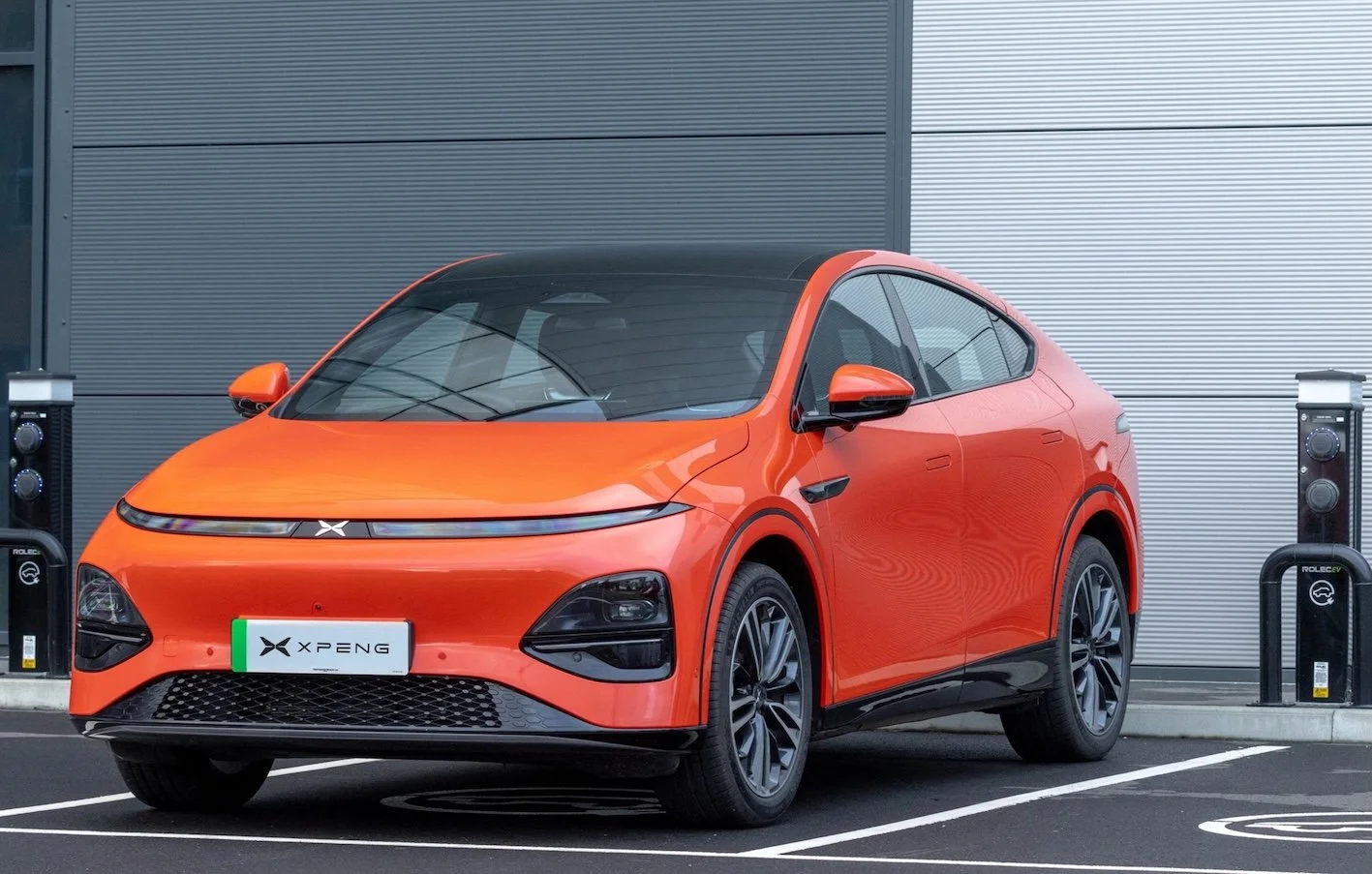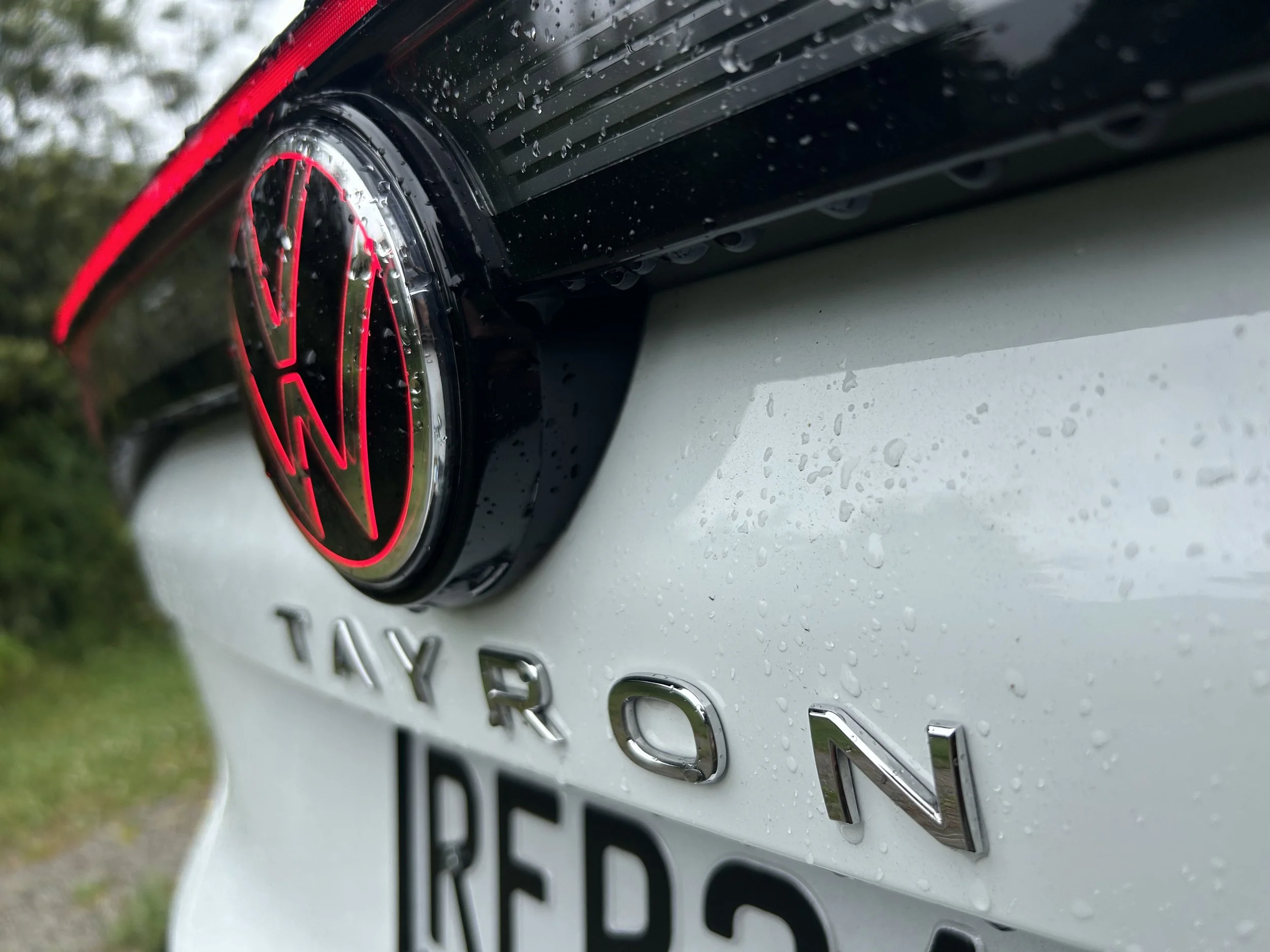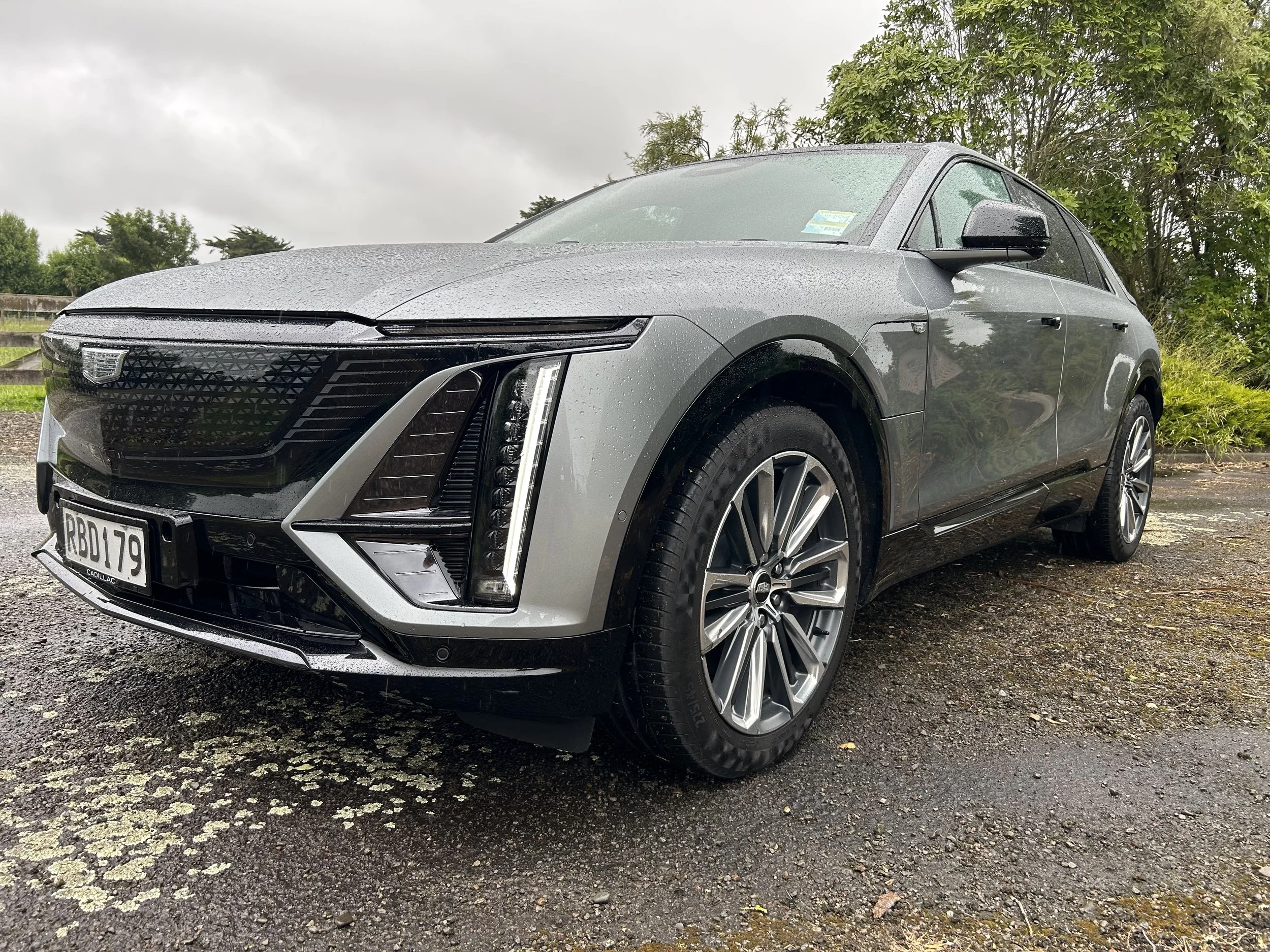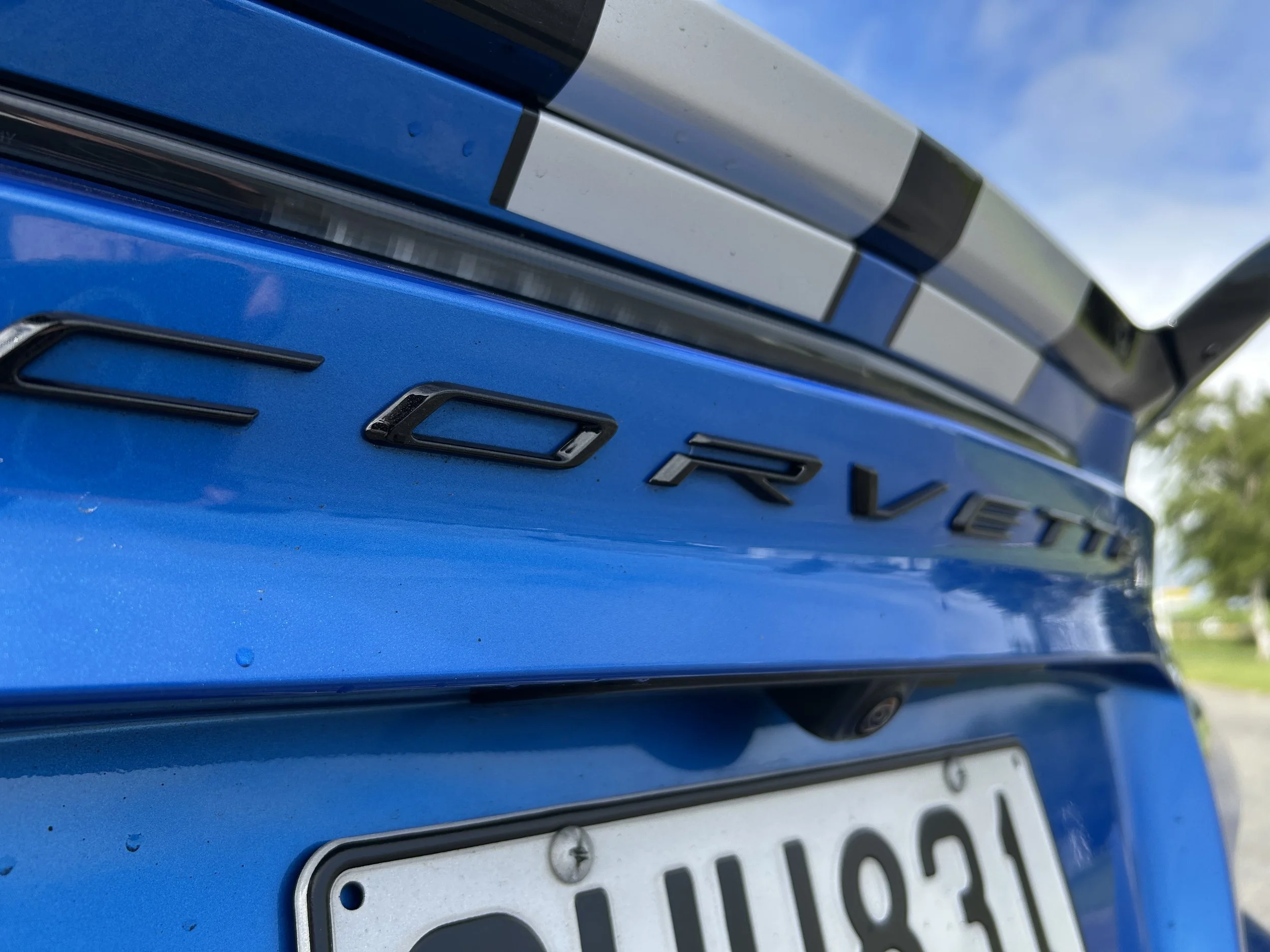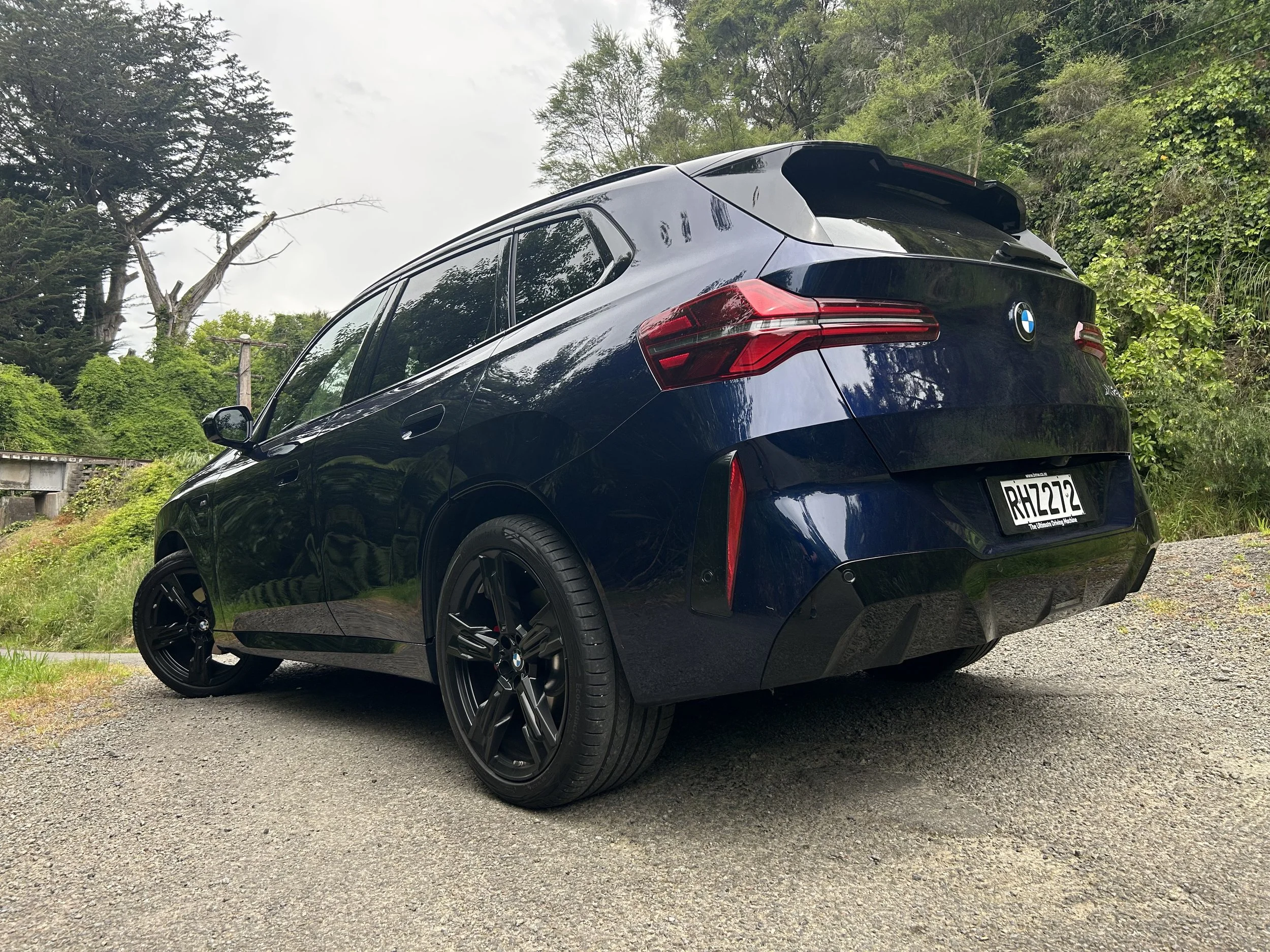Fresh car to sell … fresh way of selling
/Honda NZ high-ups discuss the reasons for changes to the long-standing Price Promise policy and talk cars.
Honda New Zealand managing director Nobuya Sonoda and his general manager of sales, Peter Ashley.
INTRODUCING the new Jazz has given Honda New Zealand another recent opportunity to front to media, but it’s also been in the news recently for another matter.
The Auckland-domiciled brand has this month officially moved into a three-tiered retail structure as it “polishes” its agency model, a revision that has delivered a new approach in the relationship with its independent retail network.
Honda already differs from other carmakers by using independent agents to sell its cars from their showrooms. For the past 20 years it’s been using a ‘price promise’ of no negotiation and no discounting.
The policy has now been further advanced, with a brand that enjoys a remarkable 80 percent loyalty from its owners now determining to create more of an experience focus in its outlets and to build a strong eCommerce presence.
It proposes a three-tier approach, the top point being Honda Stores, where customers can experience and purchase Honda vehicles. The sale of the new Honda will be directly with Honda New Zealand. Think along the lines of an Apple Store.
Honda Stores will offer customers full servicing, Honda genuine parts and accessories. This is the future for the country’s outlets directly owned by Honda. Current independent agents will be able to upgrade their operations into Honda Stores as well.
A concept model has just been opened at the company’s vehicle logistics operation in Nelson.
Another tier? Honda Service Stores: As the name suggests, these are for servicing Honda vehicles but will also have a number of popular Honda demonstrator vehicles available and accommodate an appointed Honda New Zealand Brand Ambassador, authorised to sell Honda vehicles. These may well be a division of a Honda Store seeking to cover service and a sales presence via the ambassador in another service location within their territory. The first Service Store is in Invercargill.
Finally, it also has ‘authorised service stores.” These dedicate to servicing Honda vehicles using only genuine parts and accessories.
The logic? In part, it’s recognition that there is a need to recruit a new generation of tech-savvy buyers, many of whom have moved online – a trend that has accelerated during COVID-19 lockdowns.
Also, the company says it is conscious that while it has the main cities in NZ covered, it does not have all of NZ covered. The new arrangement is designed to encourage agents to expand service and sales coverage into those areas.
The lead-up period to these revisions has been bumpy; three of the 17 independent agents – who sell Honda cars on behalf of the manufacturer – have decided to end their relationship with the brand, two of them through closing up.
Honda dealerships are now Honda stores.
MotoringNZ had opportunity to discuss this and other matters with Honda New Zealand managing director Nobuya Sonoda and his general manager of sales, Peter Ashley.
MotoringNZ: What was the core reason for Honda NZ’s decision to facilitate further change to its sales process?
Peter Ashley: Essentially the option to have an on-line purchase, to get closer to our customer through that process. They (a customer) can still come to our business face-to-face … we now have 20 Honda Stores confirmed coming in the new agency plus we have six Service Stores coming on board as well. It just makes sense.
MNZ: How much further can this model be pushed; other brands overseas have talked about agency model ultimately meaning not even having outlets any more but instead the brand simply direct sells to the public, it’s on line, on the phone or through ‘involvement centres’ where you can be shown the product, but there’s no salesmanship. Is that a potential for Honda NZ?
Nobuya Sonoda: No. It’s 21 years since we started our agency system. It doesn’t matter if it is an independent branch or a Honda (run) dealer, Honda NZ directly invoices to the customer. That part mustn’t change. The Honda on-line store is another channel for the customer who might already be used to buying from eBay or something like that … the on-line and (physical) store will be basically the same place. We want to achieve fairness and transparency.
Peter Ashley: I think to add to that … currently if you want to buy, say, a Tesla you do it on-line. If you want to buy, say, a Kia, you buy it the traditional way. With our system, you have options. Face-to-face is still very important to us. We don’t want a system where a customer cannot sill come sand touch and feel and experience the product.
MNZ: Who wins most out of this – is it the distributor, the sales network or the customer?
Nobuya Sonoda: It must be the customer.
MNZ: It has been controversial in that Honda NZ has lost some dealers. Was that anticipated?
New Jazz is a key model for Honda as it looks to regain market share
Peter Ashley: We wanted everybody to come with us. We have not had full (dealer) coverage in NZ, so there were some unallocated areas. We wanted to improve on that with this model, with the option as well of being able to purchase on line.
Our current network has been very loyal to us for many years and at no stage did we want to interrupt that. There was no predetermined situation around that at all.
MNZ: Does Honda NZ intend to replace the independent operators it has lost with factory shops?
Peter Ashley: Our preference is business people like we currently have had, independent operators … I’m pleased to say that’s why our Service Store operations will grow around NZ where we need to have representation.
MNZ: Will this new strategy improve Honda NZ’s market share?
Peter Ashley: That’s our goal.
Nobuya Sonoda: Market share is just one part … we want to increase the loyal customer; we want to create a ‘Honda fan’.
MNZ: Honda NZ has a very loyal customer base, but it’s recognised as an older person, not necessarily someone who might be entirely comfortable using new-age technologies to achieve their purchasing. How do you deal with that?
Peter Ashley: Our expectation there is that our customer will continue to come to our operations … we will have coverage from that aspect, the doors stay open and we guide them. Our ambassadors will make that a good experience.
Nobuya Sonoda: Traditionally Honda NZ’s customer is perceived to be in an older age group. But actually, with some product – the seven-seater CR-V is a good example – the buyer tends to be younger, a family buyer. And we have cars for young customers as well.
MNZ: Will this new strategy alone increase your market share or does it ultimately come down to having desirable product?
Nobuya Sonoda: Product is obviously the biggest factor but it also comes back to that loyalty factor … the customer who starts by buying a used car from us and has a very good experience from us will ultimately perhaps come back and buy a new car.
MNZ: Let’s discuss Jazz – what’s the volume aspiration for this model and how crucial with the e:HEV be?
Nobuya Sonoda: Our current expectation is that the hybrid and Crosstar will achieve similar volumes. They will be the two big pillars. It’s been traditional with Jazz that the higher-grade models achieve the strongest sales; in the previous grade 85 percent of sales came from the RS.
MNZ: Will we see the e:HEV drivetrain come into other future Honda models over the next year or so?
What chance the Honda-e, already here as a grey import, will one day become a factory-supported product here.
Nobuya Sonoda: Nothing is confirmed yet but, yes.
MNZ: Of course, Honda already has a full electric car, the Honda-e. It’s here in NZ, but not officially represented; when might that change?
Nobuya Sonoda: Only limited countries have launched the Honda-e … those cars have come here from the UK. Electrification is in the future and is something about which we are very keen, but at this stage nothing is confirmed yet.
MNZ: Honda has just revealed a fully electric version of the HR-V (at the Shanghai motor show); is that a car that might better suit as your first officially-available EV here, assuming we will also take the fossil-fuelled HR-V as well?
Nobuya Sonoda: Nothing confirmed yet.
MNZ: But surely it must be inevitable; Honda Japan has announced it intends all its products to be either wholly battery electric or fuel cell by 2040, though with initial priority for select markets – Japan, North America and China being cited. What does that mean for NZ?
Nobuya Sonoda: Honda is a pioneer of fuel cells and my understanding is that it is very keen to keep developing this. Ultimately the biggest factor in any market is the infrastructure.
MNZ: So does Government intent to establish a national hydrogen network, with hubs in select areas, give you hope of being able to one day sell a hydrogen fuel cell car like the Clarity here?
Nobuya Sonoda: Again, nothing confirmed yet. But, personally, I think this is a very good plan for NZ.
Honda hasn’t given up on hydrogen fuel cell technology









